Table of Contents
Introduction to Wanderlust and Curiosity
Wanderlust is a term that has captivated many, but what does it truly mean? At its core, wanderlust is more than just the urge to pack up and travel to new destinations. It’s a deep-seated desire, an insatiable curiosity about the world around us.
Have you ever looked at a map and felt a magnetic pull towards places you’ve never been? Or heard stories of distant lands and felt an itch to experience those tales firsthand? That feeling, that urge, is wanderlust. It’s not a fleeting whim or a passing fancy; it’s a profound need embedded within our very being.

Yet, wanderlust isn’t solely about physically traversing the globe. It’s about embarking on a journey that pushes you beyond your comfort zones, urging you to venture into the unknown. Such journeys might be as grand as backpacking across continents or as simple as taking a new route on your morning walk. The scale doesn’t diminish the essence of wanderlust; it’s the spirit of exploration that counts.
Furthermore, it’s essential to differentiate between being a mere tourist and embracing wanderlust fully. A tourist might visit places, take photos, and buy souvenirs. In contrast, someone driven by wanderlust seeks deeper connections, immersing themselves in new cultures, traditions, and experiences. They don’t just see the sights; they let every journey reshape their perspectives and redefine their understanding of the world.
The Deep-rooted Meaning Behind the Phrase
When we first encounter the phrase “Not all who wander are lost,” it might seem like a poetic sentiment, a beautiful juxtaposition of words that tickle the ears. But delving deeper reveals layers of profound wisdom and insights about the essence of human existence.
In our structured world, where plans, goals, and predictable pathways are often valued, wandering without a fixed destination might seem aimless or even frivolous. Society often equates purpose with a linear path, where each step logically follows the previous. But this phrase challenges that very notion. It asserts that even those who drift, those who explore without clear objectives, are on a journey that holds meaning and significance.
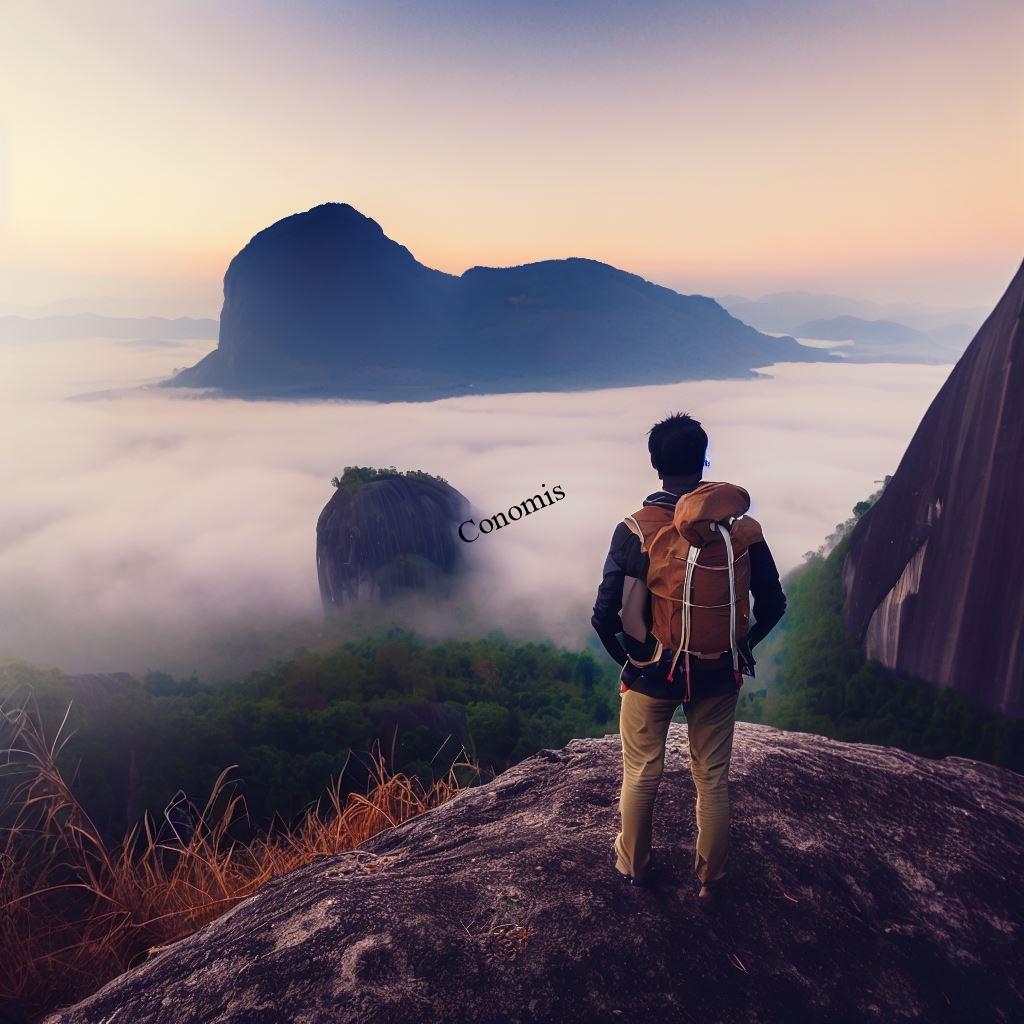
Life isn’t always about reaching specific destinations. Sometimes, the most enriching experiences come from the serendipitous detours, the unplanned moments that catch us off guard. This phrase celebrates the seekers, the curious souls, the ones who dare to step off the beaten path, not because they are lost, but because they yearn to discover.
Furthermore, personal growth doesn’t always follow a predetermined route. We evolve, change, and mature in unexpected ways, often prompted by our wanderings, both physical and metaphorical. By embracing the spirit of this phrase, we acknowledge that the paths less traveled, the roads without signposts, can lead us to the deepest understandings of ourselves and the world around us. In essence, to wander is not to be aimlessly adrift, but to be on a quest for discovery, understanding, and growth.
Literary Origins of a Timeless Quote
Literature has the power to introduce us to profound truths wrapped in layers of imagination and creativity. One such gem, nestled in the heart of a fantasy epic, is the line “Not all who wander are lost.” This phrase, as evocative as it is succinct, was breathed into existence by the legendary J.R.R. Tolkien in his magnum opus, “The Lord of the Rings.”
But what was the context that gave birth to such a powerful statement? It wasn’t merely an abstract reflection on wandering. Instead, it was intricately tied to a character, Aragorn, the ranger with royal blood. To the casual observer in Middle-earth, Aragorn might seem like a nomad, wandering without purpose. His rugged appearance, his tendency to drift from place to place, could easily be mistaken for aimlessness.

Yet, as readers or viewers journey deeper into the story, they discover the depth of Aragorn’s purpose. Beneath the surface of his wanderings lies a man burdened with destiny, driven by duty, and guided by profound love. His journey, filled with trials and challenges, is not a meandering stroll but a path of destiny leading towards reclaiming his rightful throne and playing a pivotal role in the fate of Middle-earth.
Tolkien, through this character and the now-iconic phrase, captures a universal truth. That appearances can be deceiving. That beneath what might seem like aimless wandering can lie a heart full of purpose, a soul on a mission, and a journey teeming with profound meaning.
Philosophical Implications of Wandering
The phrase “Not all who wander are lost” isn’t merely a poetic expression; it beckons us to ponder life’s deeper intricacies. At its heart, it invites us to question the nature of purpose, destiny, and the idea of freedom. What does it mean to wander? And what does it mean to be truly free?
Society, with its unspoken norms and rules, often dictates a standard pathway. Go to school, get a job, start a family, and so on. These milestones, while important, can sometimes become chains that tether us to a singular path. Drifting away from this conventional trajectory might be viewed with skepticism or even disdain. Yet, isn’t there an intrinsic value in venturing beyond the familiar, in daring to chart one’s own course?
When we allow ourselves the liberty to wander, we embrace a freedom that transcends physical movement. It’s a freedom of the spirit, a liberation from predefined constructs. There’s an inherent beauty in not always knowing the destination, in finding joy in the journey itself. After all, isn’t life as much about the process as it is about the conclusion?
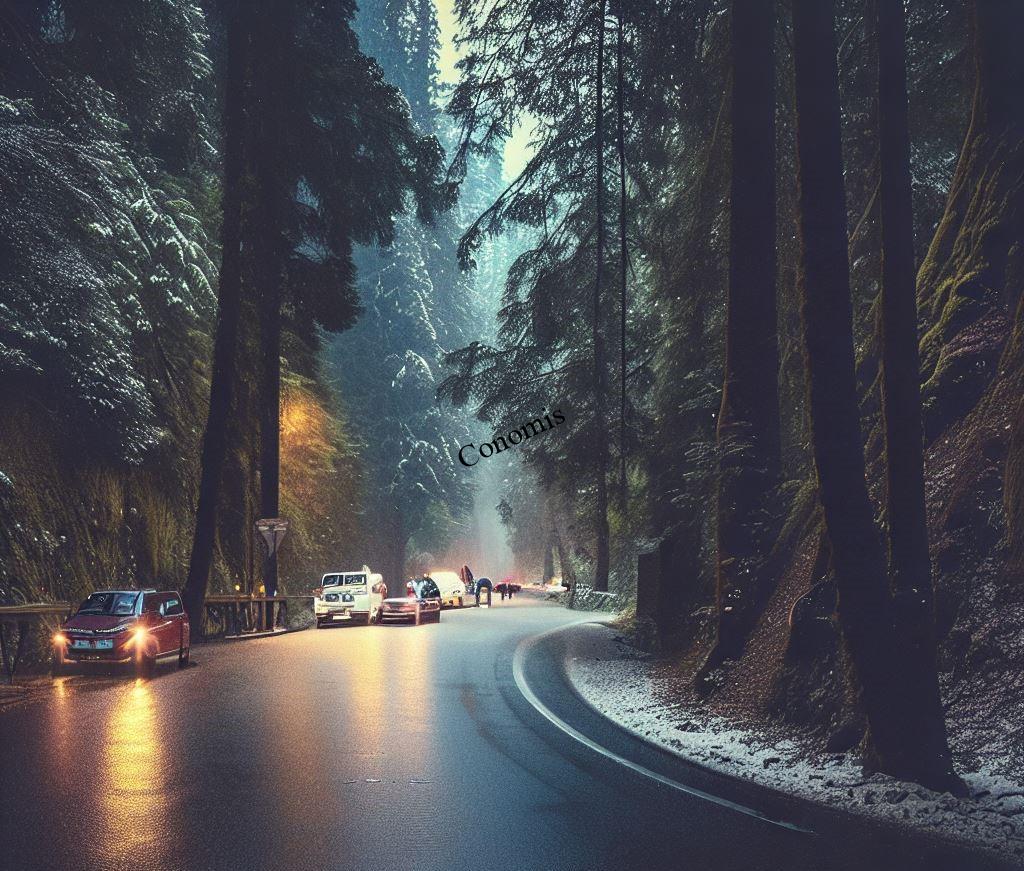
Furthermore, to wander without being lost suggests a deeper consciousness. It implies a trust in one’s intuition, a belief that even in the absence of a map, the heart knows its way. The universe, in all its vastness and mystery, beckons the wanderer, not as a challenge to be conquered, but as a dance of discovery.
So, as we reflect on this profound phrase, let’s celebrate the wanderers, the seekers, and the dreamers, for they remind us that sometimes the most meaningful journeys are those taken off the beaten path.
Wanderlust and Personal Growth
In a world that often celebrates clear goals and well-defined endpoints, the allure of wanderlust may seem counterintuitive. However, diving into the essence of wanderlust uncovers its intimate connection to personal growth. For many, the act of wandering isn’t just about physical movement; it’s a transformative journey of the soul.
The saying, “it’s not about the destination, but the journey,” captures the heart of this philosophy. It’s a reminder that life’s most profound lessons aren’t always found at a specific endpoint but along the winding, unpredictable paths we traverse. Every detour, unexpected delay, or serendipitous encounter is a classroom where the curriculum is self-discovery.
When we give ourselves permission to wander, we step outside of our comfort zones. Familiar sights and routines are replaced by the unknown. It is in these uncharted territories, where there are no scripts to follow, that we truly meet ourselves. We’re pushed to adapt, to listen to our intuition, and to rely on our inner strength. These moments, challenging as they may be, forge resilience, flexibility, and a deeper understanding of who we are.

Furthermore, wanderlust nurtures a sense of wonder. As we navigate new landscapes, both external and internal, we rekindle our childlike curiosity. We ask questions, seek answers, and allow ourselves to be mesmerized by life’s mysteries.
In conclusion, while destinations have their charm, the transformative power of wandering is unparalleled. As we embrace the dance of wanderlust, we don’t just cover distances on a map; we journey towards a richer, more nuanced understanding of ourselves and the world around us.
Learning from the Journey
Life is often likened to a journey, with its myriad paths, crossroads, and destinations. However, the real essence of any journey lies not in the milestones achieved but in the lessons learned along the way. When we embrace the wanderer’s spirit, we embark on a quest that offers more than scenic views and novel experiences. It provides profound insights into our very being.
Each twist and turn we encounter, every unexpected detour, holds a mirror to our soul. It challenges our perceptions, beliefs, and resilience. While a straight path might offer the comfort of predictability, it is the winding roads that truly test and reveal our mettle. These unexpected moments, which often catch us off guard, become crucibles of growth and transformation.
Moreover, as we navigate through these diversions, we often stumble upon hidden facets of ourselves. The courage we didn’t know we had, the patience we never credited ourselves with, or the ability to find joy in the simplest of moments. It’s as if the journey, with its unpredictabilities, peels back layers, allowing us to see ourselves more clearly.
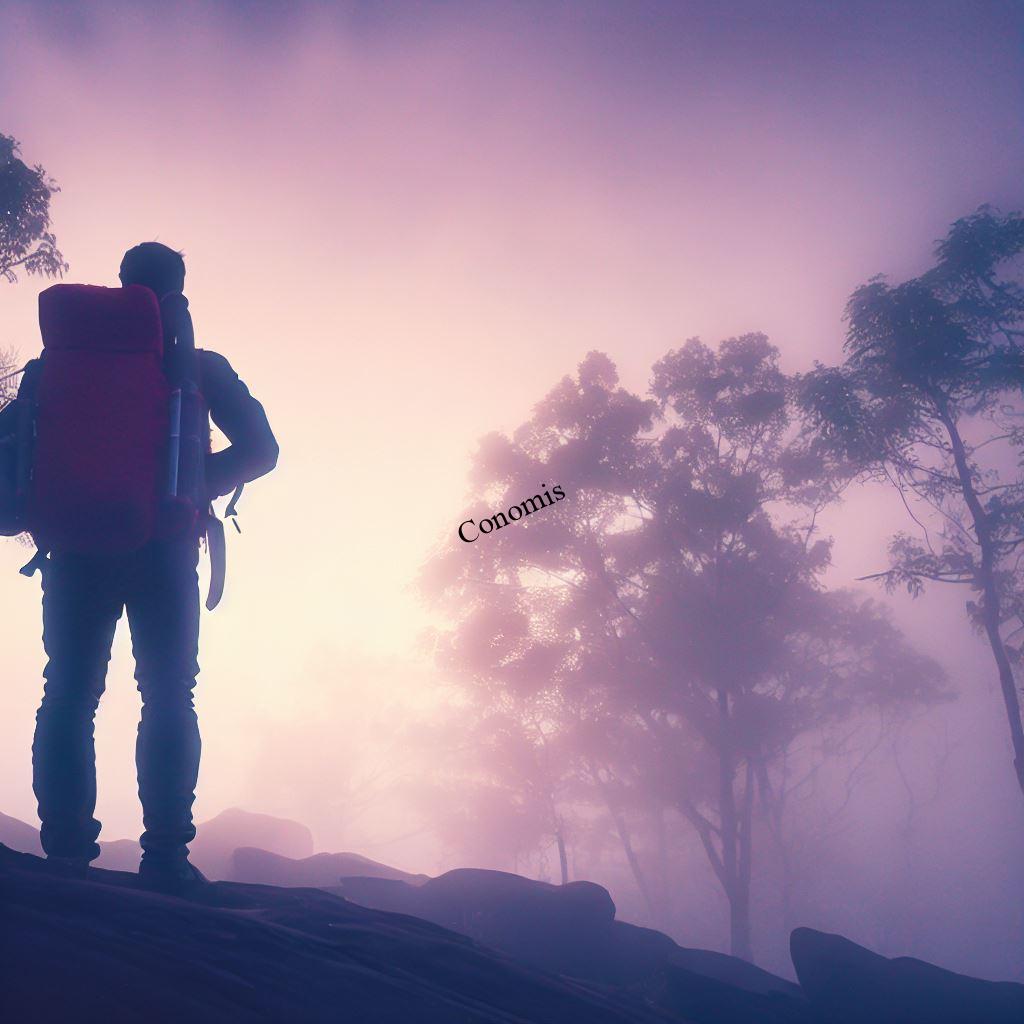
Additionally, while the thrill of discovering new places is undeniable, the deeper beauty lies in realizing that with every new place, we also discover newer versions of ourselves. Maybe it’s the adaptability displayed in a foreign land, the compassion evoked by a stranger’s story, or the newfound appreciation for home after a long voyage.
In the grand tapestry of life, every journey, no matter how insignificant it may seem, stitches in lessons that shape, mold, and enrich us. So, as we wander, let’s cherish not just the destinations but the invaluable revelations that come with every step.
Discovering Yourself in the Unknown
There’s a unique clarity that often emerges when we distance ourselves from the familiar. It’s as if the noise of our daily routines fades, allowing the whisperings of our soul to become more audible. When ensconced in familiar surroundings, we often operate on autopilot, rarely pausing to reflect or question. But once thrust into the unknown, every belief, value, and perception comes under scrutiny.
Venturing into unfamiliar territory, be it a new city, a foreign culture, or even a different set of circumstances, acts as a catalyst for introspection. Our usual reference points vanish, and we’re compelled to rely on our instincts, evaluate our priorities, and confront our fears. It’s in these moments, when we’re stripped of our comfort zones, that we truly encounter ourselves.
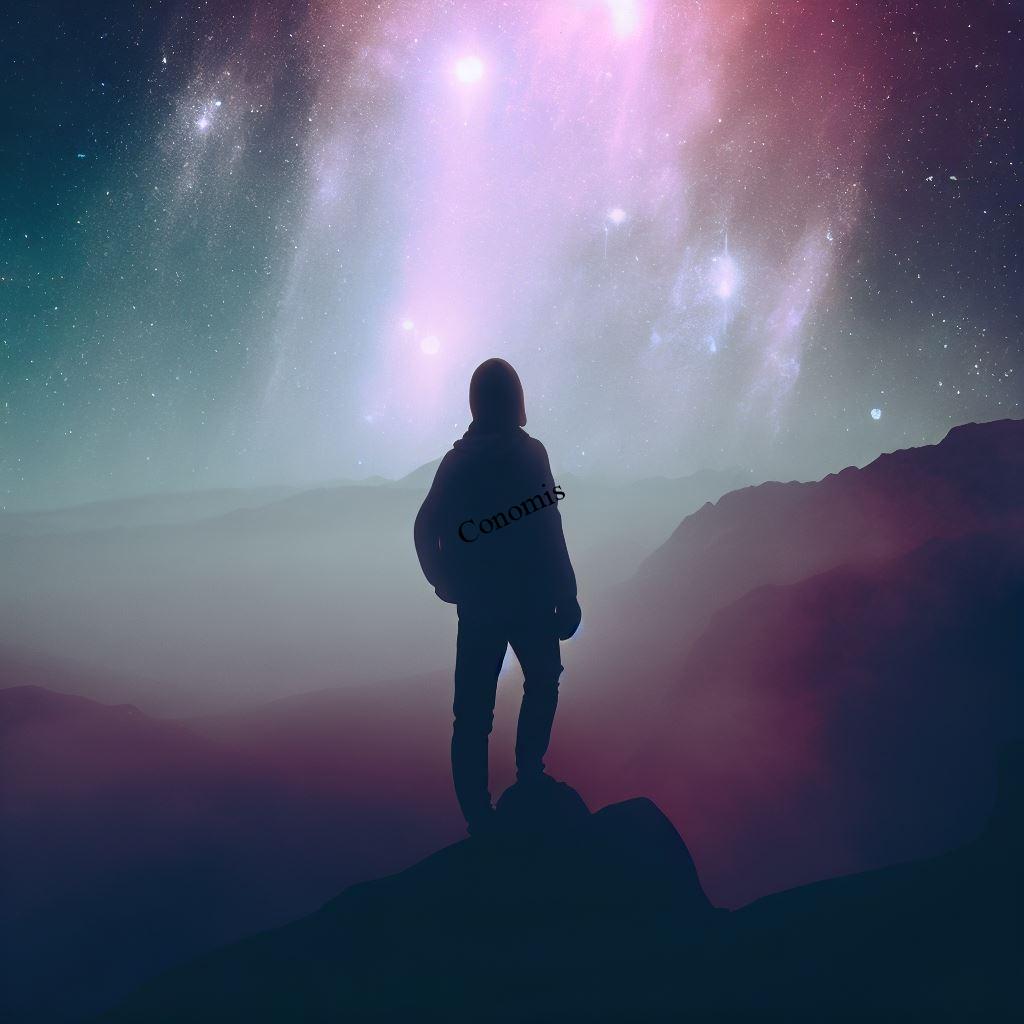
Moreover, there’s a profound wisdom in the idea of intentionally getting lost to find oneself. By stepping off the well-trodden path, we open ourselves to experiences that challenge and transform us. We learn to appreciate our strengths, acknowledge our vulnerabilities, and understand our desires more deeply.
In essence, the unknown is not just a geographical or external space. It’s a realm of boundless self-discovery, where every challenge and adventure brings us closer to understanding the enigma that is ourselves.
Stories of Notable Wanderers
History is replete with tales of intrepid explorers who dared to chart unknown territories. Figures like Christopher Columbus stand as testament to this spirit of adventure. His voyages across the Atlantic didn’t merely result in the ‘discovery’ of new lands; they drastically altered the way the Old World perceived the globe.
Similarly, Amelia Earhart, with her aviator goggles and indomitable spirit, wasn’t just wandering the skies. She was pushing boundaries and challenging conventions. Her flights weren’t mere travels; they were statements of courage and ambition. With every venture, she not only expanded our understanding of aviation possibilities but also redefined the roles of women in a predominantly male sphere.
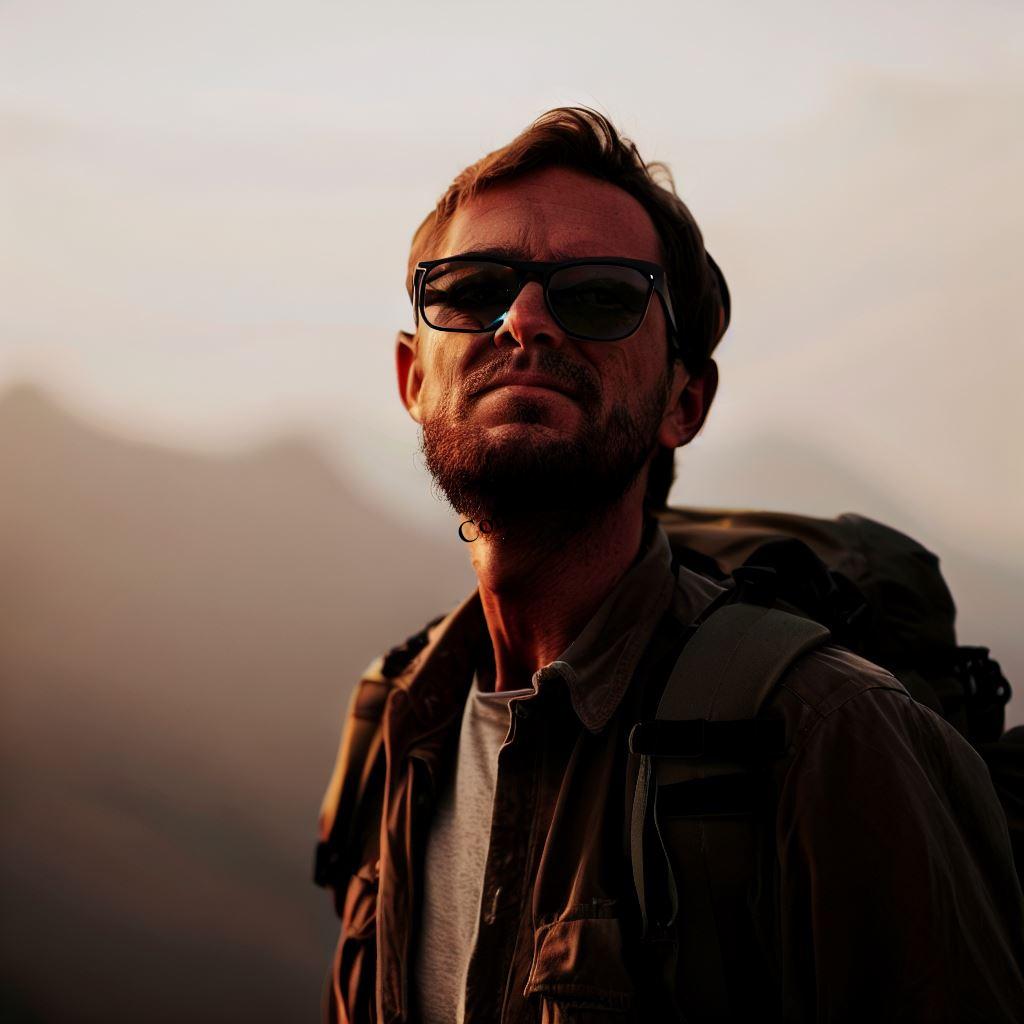
In essence, these notable wanderers did more than just explore. They delved into the mysteries of the unknown, confronted challenges head-on, and in the process, expanded our collective understanding of the world and what’s achievable within it.
The Difference Between Being Lost and Choosing to Wander
There’s a stark contrast between the sensations of being lost and choosing to wander. Being lost often comes with feelings of anxiety, uncertainty, and a desperate yearning for familiar ground. It’s an unintentional state, marked by a sense of disorientation and, at times, helplessness. One might feel adrift, with no clear path in sight, yearning for a semblance of stability.
Contrastingly, choosing to wander is a deliberate act, born out of curiosity and a desire for growth. It’s about embracing the journey, understanding that every step, every turn holds the promise of a new discovery. To wander is to be open to the myriad experiences life offers, to accept them with an eager heart, and to grow from them. It’s a decision to step out of one’s comfort zone, to challenge the known, and to find joy in the process of exploration.

In essence, while being lost might feel confining, wandering is liberating—a testament to the human spirit’s insatiable quest for knowledge and growth.
Society’s View on Wandering
The allure of wandering, with its promise of uncharted adventures and soulful introspection, has often been romanticized in literature and art. However, society’s perception of wandering is more multifaceted. On one hand, wandering is celebrated as a pursuit of knowledge, personal growth, and self-discovery. Stories of explorers and visionaries who ventured beyond the known are told with admiration.
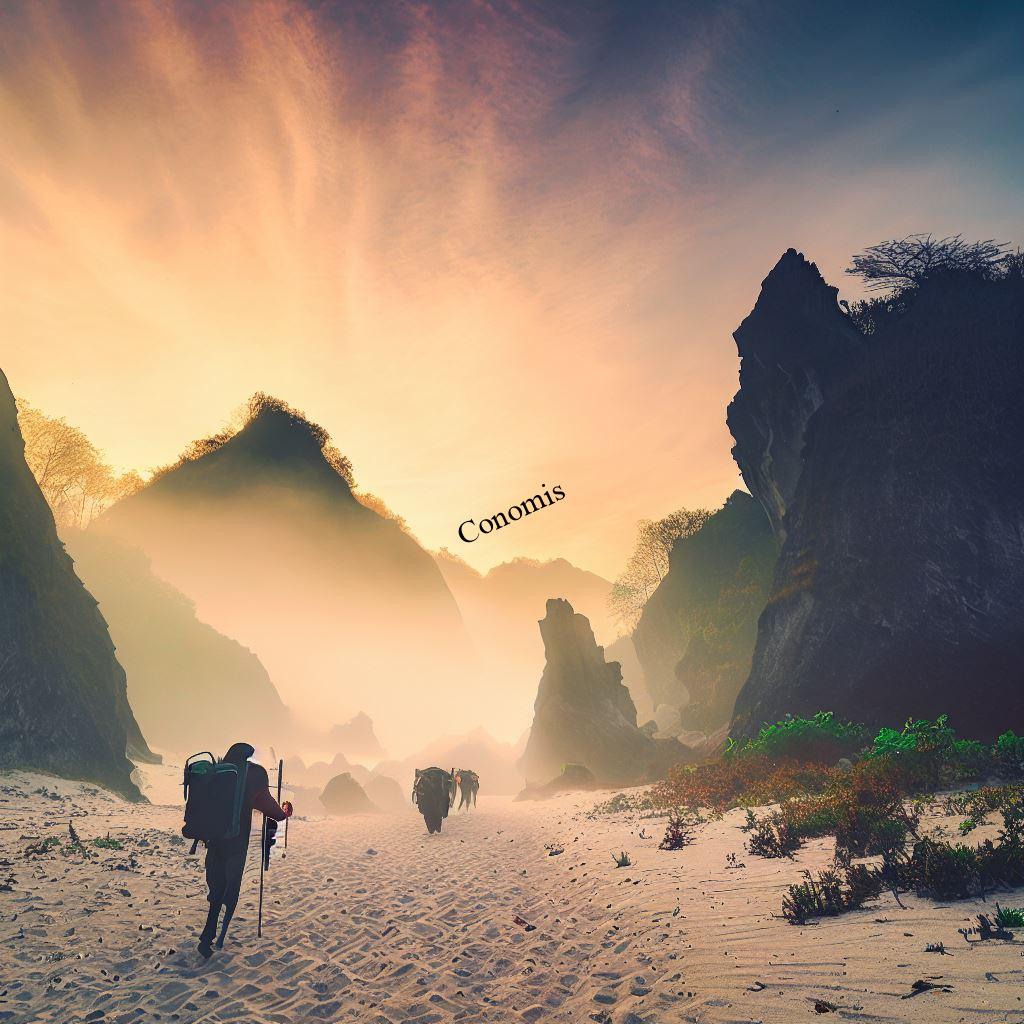
Yet, on the flip side, those who choose to wander, especially without a clear “purpose” or “destination” in mind, can be met with skepticism. Society, with its structured norms and expectations, often values stability, predictability, and adherence to a defined path. A wanderer, with their fluid approach to life, might be perceived as aimless or even irresponsible. The very qualities that make wandering a deeply personal and enriching experience—uncertainty, spontaneity, and freedom—can be the same reasons it’s sometimes frowned upon.
In essence, as much as wandering holds a romantic charm, societal views on it remain divided, oscillating between admiration and caution.
Stereotypes and Misconceptions
Wandering, a concept rich in nuance, unfortunately, gets distilled into simplistic stereotypes at times. One common misconception is that those who wander are inherently aimless, drifting through life without purpose or ambition. This stereotype is rooted in the societal belief that a life without a defined trajectory or clear milestones is a life wasted.
However, this overlooks the profound difference between being genuinely lost and consciously choosing to roam without a fixed path. Being lost implies an unintentional absence of direction, often accompanied by feelings of anxiety or confusion. But to roam by choice is to embrace life’s uncertainties with open arms, to value the journey as much as, if not more than, the destination.

Such conscious wandering is often about learning, evolving, and gathering experiences that can’t be quantified by traditional measures. It’s a deliberate deviation from the predictable, a testament to the spirit’s desire to experience life in all its varied shades, beyond the confines of societal expectations.
Celebrating the Wanderers
Throughout history and across cultures, wanderers have held a special place in the collective imagination. While there might be skeptics who view wandering with caution or misunderstanding, there’s an equally passionate faction that celebrates this spirit of adventure. The world’s literature is replete with tales of intrepid travelers, their quests, and the insights they gather along the way. These stories resonate because they tap into a universal yearning to explore, to seek, and to understand.
The world of music, too, is filled with ballads and anthems dedicated to the open road, the thrill of discovery, and the romance of the unknown. These tunes capture the essence of wandering — the joy, the sorrow, the introspection.
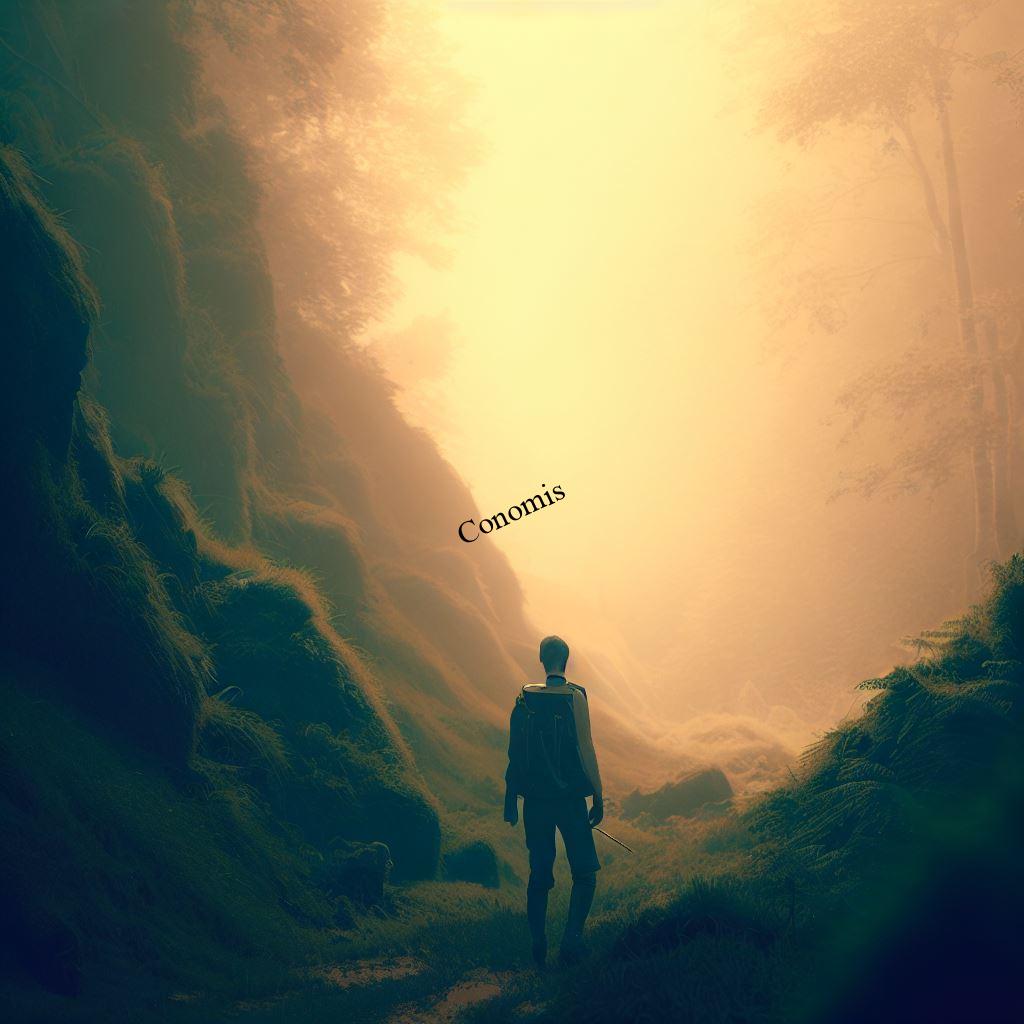
Furthermore, artists, with brush and canvas, have long depicted scenes of vast landscapes, lonely roads, and travelers on a journey. Their art is a testament to the inspiration that wandering provides, encapsulating the myriad emotions it evokes.
In essence, the wanderer’s heart, with its endless thirst for exploration, has always found resonance and celebration in myriad forms of human expression.
Embracing Your Inner Wanderlust
The urge to wander, that innate desire to explore beyond one’s familiar horizons, is more than just a fleeting feeling. It’s an invitation from the soul, beckoning us towards growth, discovery, and an expansion of our understanding of the world and ourselves.
For those who feel this pull, resisting it can lead to a sense of stagnation or unfulfillment. On the contrary, embracing this wanderlust can unlock doors to experiences that enrich the spirit. These journeys, whether they take one across continents or simply outside one’s comfort zone, have the potential to transform, teaching lessons that textbooks and routines can’t.
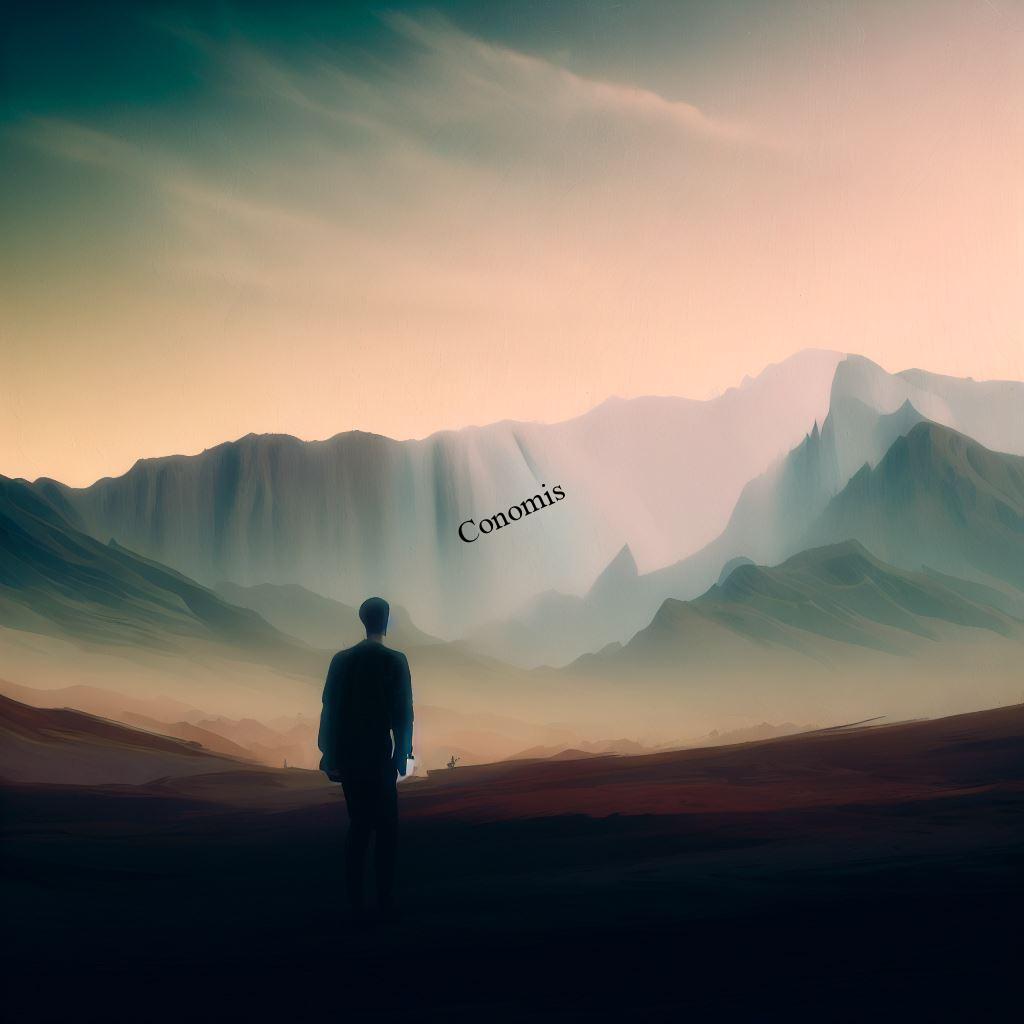
Moreover, the beauty of wanderlust lies not just in the destinations discovered but in the process of discovery itself. The interactions, the challenges, the moments of awe — these form the tapestry of memories that last a lifetime.
In essence, if the itch to wander stirs within, heed its call. It’s a promise of adventure, learning, and profound fulfillment.
Benefits of Wandering
The act of wandering transcends mere physical movement; it’s a journey of the soul, mind, and senses. One of the most immediate benefits is the expansion of horizons. As we tread unfamiliar paths, we encounter diverse cultures, philosophies, and ways of life. This broadens our perspective, making us more tolerant and empathetic individuals.
Another invaluable gain from wandering is the development of resilience. The unpredictability of new terrains and situations hones our problem-solving skills and teaches us to adapt. We learn to handle challenges with grace, turning obstacles into opportunities for growth.

Moreover, wandering is a potent catalyst for creativity. The myriad experiences, sights, and sounds encountered on our travels stimulate our minds, sparking fresh ideas and innovative thoughts. It pushes us out of our cognitive comfort zones, encouraging novel ways of thinking and seeing.
In essence, wandering isn’t just an activity; it’s an investment. An investment in personal growth, understanding, and the enrichment of one’s life.
Tips for Safe and Purposeful Wandering
Embarking on a wandering journey is undeniably thrilling. The promise of the unknown, the allure of discovery, beckons many to set out without a fixed plan. However, intertwined with this excitement is the paramount importance of safety. Before stepping out, always ensure someone close to you is aware of your general whereabouts or intended route. This simple step can be a safety net in unforeseen circumstances.

Furthermore, preparation is key, even if the journey is spontaneous. Packing essentials like water, snacks, a basic first-aid kit, and perhaps a map or compass ensures you’re well-equipped for any turn the journey might take. It’s about balancing the spirit of adventure with practical preparedness.
Above all, trust your intuition. The inner voice, that gut feeling, is often the best guide. If something feels off or too risky, it’s okay to pause, reevaluate, or even turn back. After all, purposeful wandering is about enriching experiences, not unnecessary perils.
Conclusion: The Beauty of Wandering
Wandering, a timeless act of exploration and self-discovery, has enchanted human beings across generations and cultures. Its beauty doesn’t merely lie in the physical landscapes traversed but profoundly in the intangible journeys undertaken by the heart and soul. These are journeys that often lead us to invaluable lessons that enrich our understanding of the world and our place in it.
One of the most magical aspects of wandering is the serendipitous encounters with diverse individuals. Each person we cross paths with on our wanderings carries a universe of experiences, wisdom, and stories. Engaging with them, sharing moments, exchanging tales — these interactions often leave an indelible mark on our souls. They remind us of our shared humanity, our interconnected destinies, and the endless tapestry of human stories that weave the fabric of our world.
Moreover, as wanderers, we are not just observers but creators. Each step taken, every decision made, every challenge faced contributes to our unique narrative. These stories, born from our adventures, become treasures—lasting memories that we carry forward, share with others, and pass down through generations. They’re a testament to our spirit, our courage, and our insatiable curiosity.

However, perhaps the most profound revelation from wandering is the discovery that the most beautiful destinations aren’t always physical places. Often, they are fleeting moments — a sunset viewed from a mountaintop, a shared laugh with a stranger, a realization about oneself. These ephemeral experiences, though momentary, hold the power to transform, to uplift, and to inspire.
In essence, the act of wandering is a celebration of life in all its unpredictability, challenges, and joys. It serves as a poignant reminder that sometimes, it’s not about arriving but about cherishing the journey and the myriad moments that shape it.
FAQs
What does “Not all who wander are lost” mean?
It means that just because someone is exploring or wandering doesn’t mean they lack purpose or direction.
Who coined this phrase?
J.R.R. Tolkien in “The Lord of the Rings.”
Why is wandering beneficial?
It promotes personal growth, broadens perspectives, and fosters resilience and creativity.
How can I wander safely?
Always inform someone about your whereabouts, carry essentials, and trust your intuition.
Is wandering the same as being aimless?
No, wandering is a conscious choice to explore and learn without a set path, whereas being aimless implies a lack of purpose.
You Can Also Read

https://en.wikipedia.org/wiki/The_Lord_of_the_Rings_(film_series)
https://www.imdb.com/title/tt0120737/
https://www.trip.com/moments/detail/coconino-county-1444337-119605687/
https://isha.sadhguru.org/us/en/center/isha-institute-inner-sciences-usa
Conomis Thoughts
![]() Copyright 2023 CONOMIS
Copyright 2023 CONOMIS

This piece of writing is genuinely a good one it assists new
net people, who are wishing in favor of blogging.
What i do not realize is in truth how you are not really much more smartly-liked than you may be right now. You are very intelligent. You realize therefore considerably when it comes to this topic, made me in my opinion imagine it from a lot of varied angles. Its like women and men aren’t interested except it is something to do with Girl gaga! Your own stuffs nice. All the time deal with it up!
My partner and I stumbled over here different page and thought I might as well check things out. I like what I see so i am just following you. Look forward to exploring your web page yet again.
I like the helpful info you provide in your articles. I’ll bookmark your weblog and check again here regularly. I’m quite sure I will learn plenty of new stuff right here! Good luck for the next!